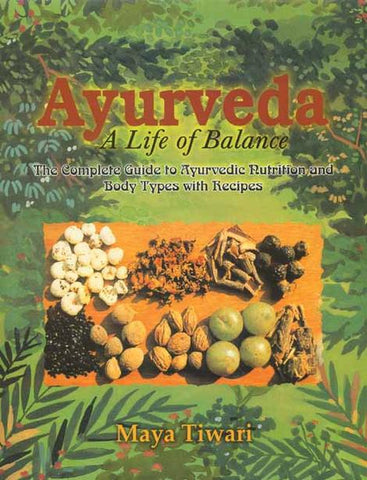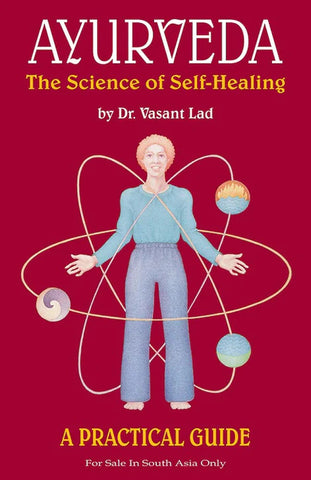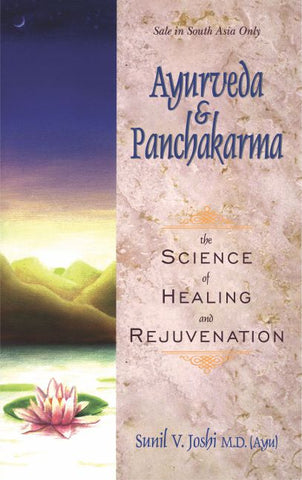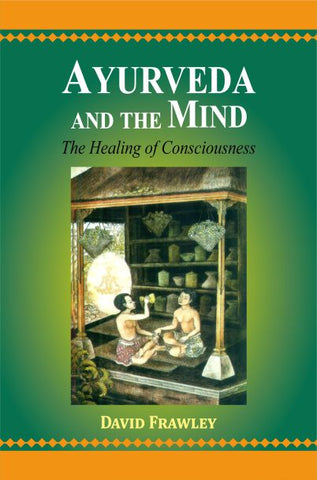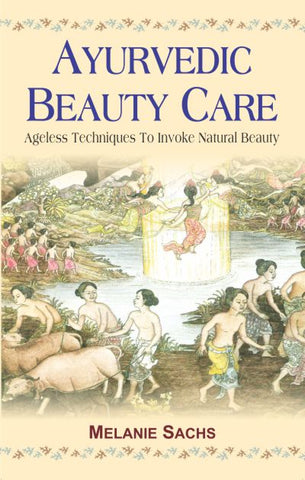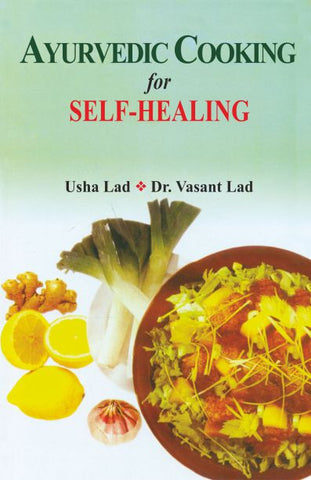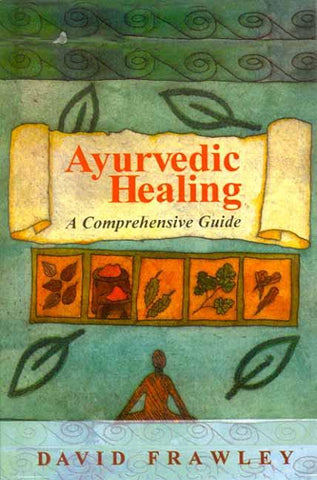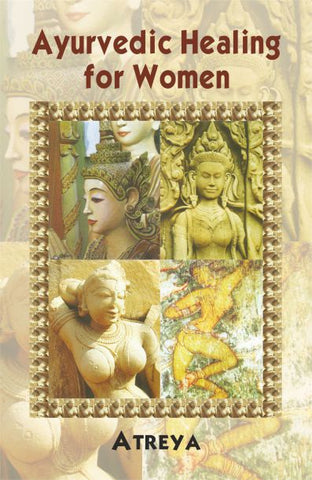Your cart is empty now.
Samprapti means pathogenesis which deals with the evolution of disease. This book deals in detail about various causative factors of diseases, How these causative factors bring about changes in structural and functional units of the body i.e. vata, pitta and kapha molecules, how these molecular changes bring about the structural derangement in various tissues and organs, haw these structural changes derange the functions of organs and how the deranged function of one organ leads to derangement of function of other organs i.e. complications of diseases.
This book gives the causes of congenital as well as acquired diseases. Ayurveda has emphasised the importance of suppression of natural urges like passing urine, stool, sneezing, cough etc. in the causation of disease.
It has also stressed the importance of obstruction of various ducts and channels in the causation of disease and how to treat these conditions.
This book also gives the importance of digestive power and how weak digestive power gives rise to various diseases.
The book describes the predisposing factors and manifestations of Grahabadha i.e. supernatural powers. It gives the causes of natural calamities & epidemics. It also describes the importance of various symptoms and their significance. It also describes the various defence mechanisms of the body.
Dr. V. B. Athavale M.B.B.S., D.C.H., M.D.(Paed.), M.A.M.S., FA M.S., and Vaidyacharya is a renowned Paediatrician, and a prolific author who has several noteworthy achievements to his credit. He did his M.B.B.S. from Grant Medical College and Sir J. J. Group of Hospitals, both in Mumbai, stood first in D.C.H.(C.P.S.) 1956, and completed M.D.(Paed.) in 1958.
He was offered the UNICEF Fellowship in 1965, when his paper was read during the International Paediatric Conference held at Tokyo. He was also chairman of the workshop on 'Herbal Medicines for Health for the developing Countries', which was held at Bangkok in the year 1981.
Dr. Athavale worked as an Honorary Professor and Head of the Department of Paediatrics, L.T.M.G. Hospital, Sion, Mumbai during 1970 to 1990 and was recognised for his various accomplishments for which he has been bestowed with honours and awards, both National and International.
V. B. Athavale Research Foundation has been founded as a mark of respect and gratitude to Dr. Athavale when he retired after 30 years of selfless service as Hon. Professor and Head of the Department of Paediatrics, L.T.M. Medical College and L.T.M.G. Hospital, Mumbai.
Pathogenesis deals with evolution of disease. It deals with, (i) various aetiological factors, (ii) how the aetiological factors bring about changes in the structural and functional units of the body, i.e. Vata, Pitta and Kapha, (iii) how these molecular changes bring about structural derangement in various tissues and organs, (iv) how these structural changes derange the function of organs, and (v) how the deranged function of one organ leads to derangement of other organs, i.e. complications.
Ayurveda describes in detail the various stages of evolution of disease as (i) Chaya, i.e. accumulation of doshas because of action of aetiological factors, (ii) Prakopa, i.e. further increase in the doshas, (iii) Prasara, i.e. dissemination of doshas which correspond to the stage of septicemia, viremia or toxaemia, (iv) Sthanasanshraya, i.e. localisation of dosha in a particular tissue or organ, (v) Vyakti, i.e. manifestation of disease because of functional derangement, and (vi) Bheda, i.e. further differentiation into the sub-type of the disease.
Ayurveda emphasises that the physician should not allow the disease to evolve further by recognising manifestations of the disease in its incubation period and guiding the patient appropriately. It is surprising that even 5,000 years ago, Ayurvedic physicians could visualise the derangement at molecular level as the root cause of the disease. Ayurveda has rightly emphasised on the importance of understanding the pathogenesis, i.e. evolution of disease. Unless the physician gets insight into the pathogenesis of the diseases, he cannot treat the patient appropriately. A physician who does not bother to go to the root cause of the disease suppresses the symptoms but is unable to eradicate the disease. This book describes in detail the basic principles of pathogenesis which will help the reader to understand the pathogenesis of any symptom or disease.
One can't but appreciate the wisdom of out ancient physicians, when one realises that our understanding of disease process and its evolution has not altered significantly even today, inspite of all the modern research. I am sure that not only Ayurvedic physicians but also students, teachers and research workers of modern medicine also will be benefited by this book.
| Acknowledgement | (vii) | |
| Preface | (ix) | |
| Chapters | Pages | |
| 1 | Disease-Its Origin and Classification(Roganam Utapatti Vibhagashcha) | 1 |
| 2 | Aetiological Factors (Roganam Karanani) | 14 |
| 3 | Congenital Anomalies (Janamabala Pravritta Vyadhi) | 38 |
| 4 | Suppression of Natural Urges (Vegavarodha) | 52 |
| 5 | Vitiation of Body Channels (Srotodushti) | 69 |
| 6 | Digestive and Tissue Enzymes(Agni) | 86 |
| 7 | Dietetic Factors (Aharaja Karanani) | 90 |
| 8 | Toxins(Ama) | 93 |
| 9 | Infectious Diseases and Parasitic Infestations(Krimiroga) | 99 |
| 10 | Supernatural Powers(Grahabadha) | 103 |
| 11 | Natural Calamities and Epidemics (Janapadodhvansa) | 110 |
| 12 | Pathogenesis (Samprapti Vijayanam) | 115 |
| 13 | Symptoms and Their Significance(Rogalakshanani Tesham Mahatvam Cha) | 131 |
| 14 | Defence Mechanisms of the Body (Rogapahara Kshmata) | 136 |
| 15 | Root Causes of Diseases (Roganam Mulakaranani) | 140 |
| 16 | Ayurvedic Recipes and their Preparations | 142 |
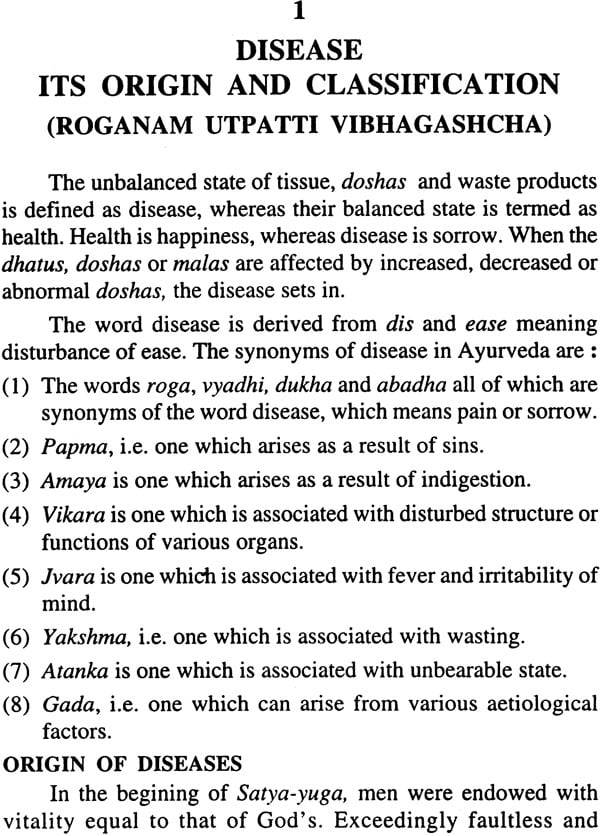
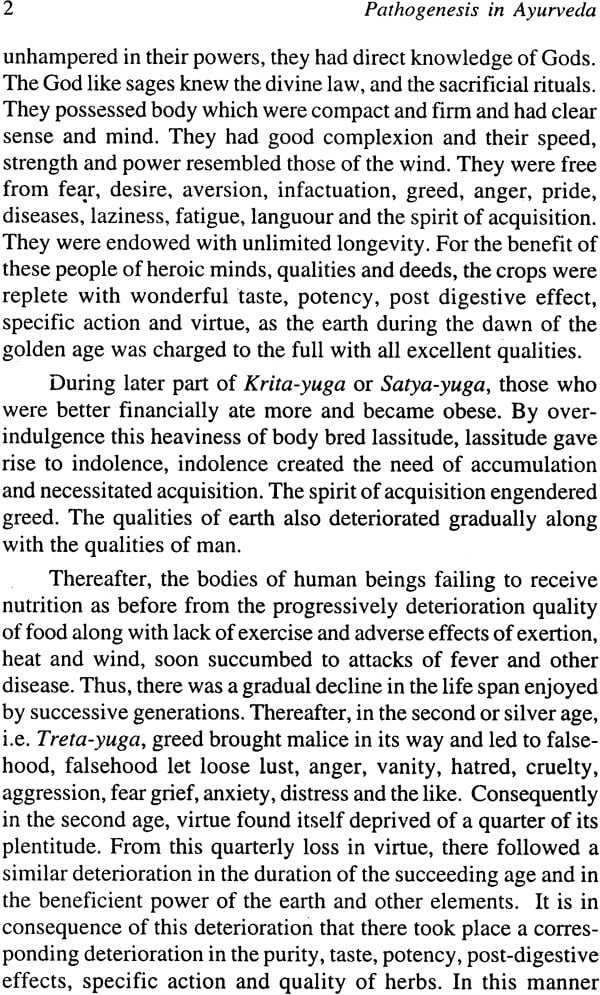
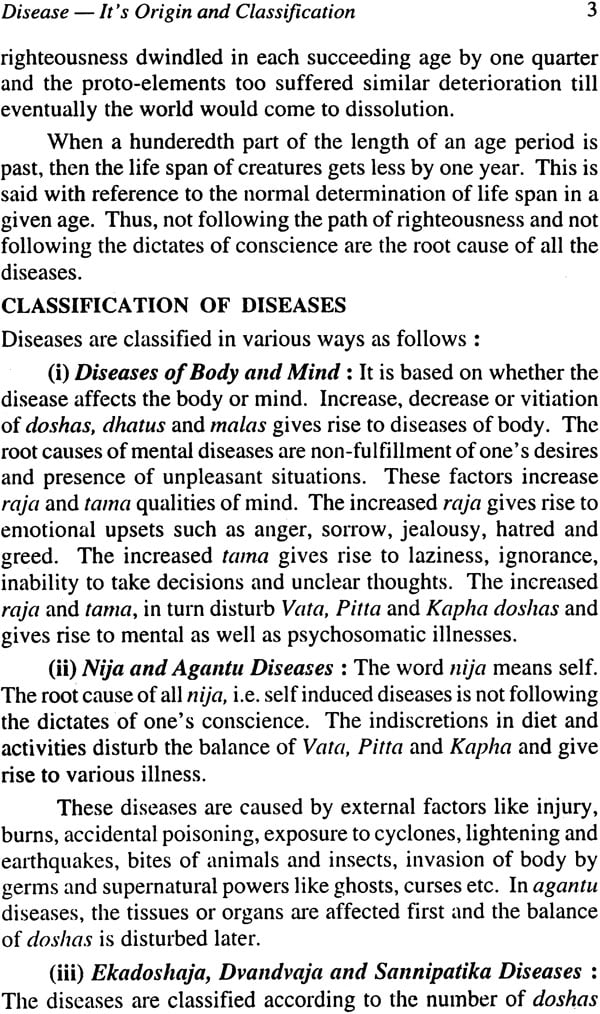
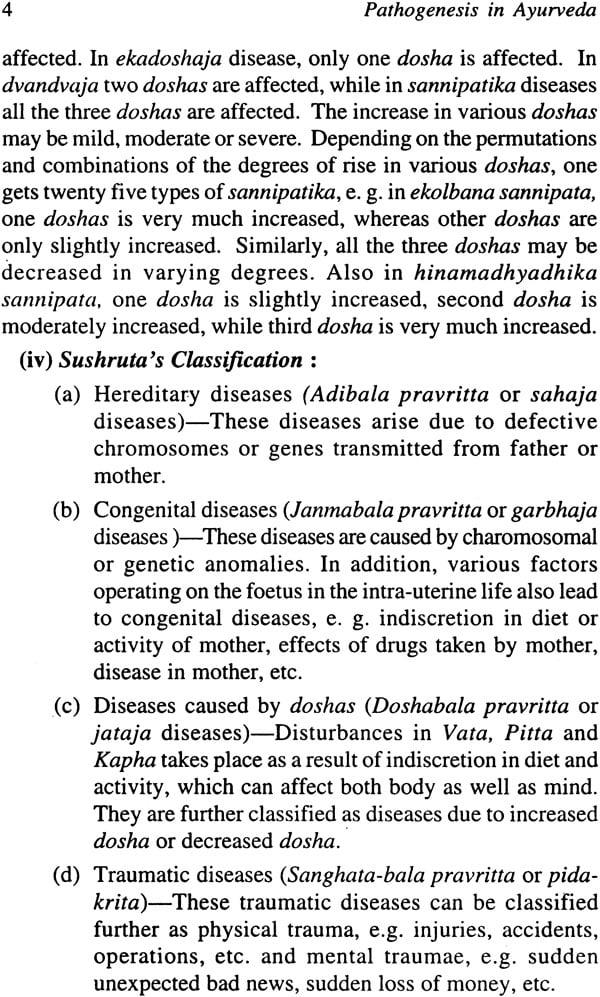
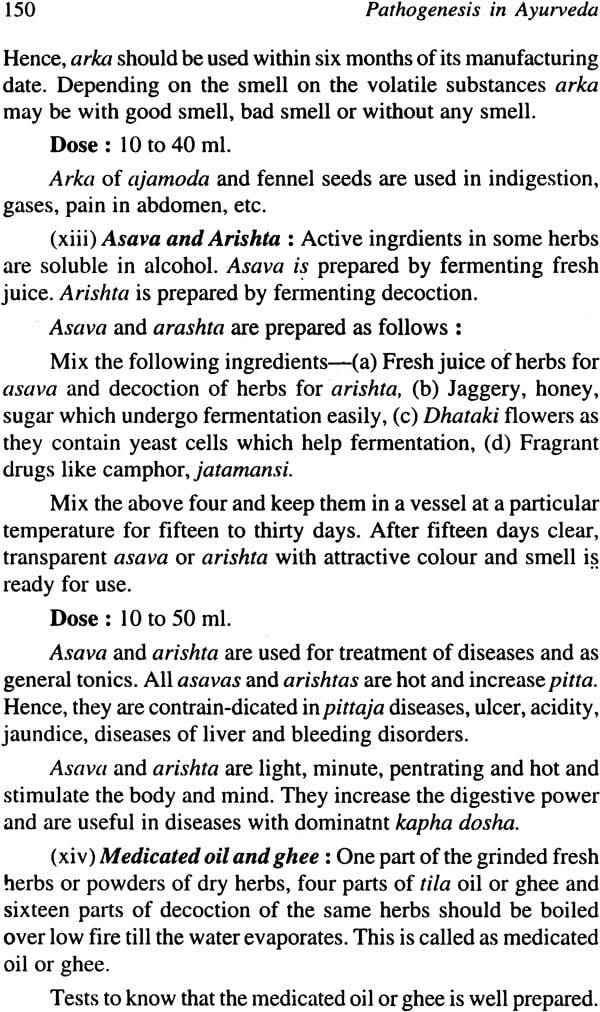
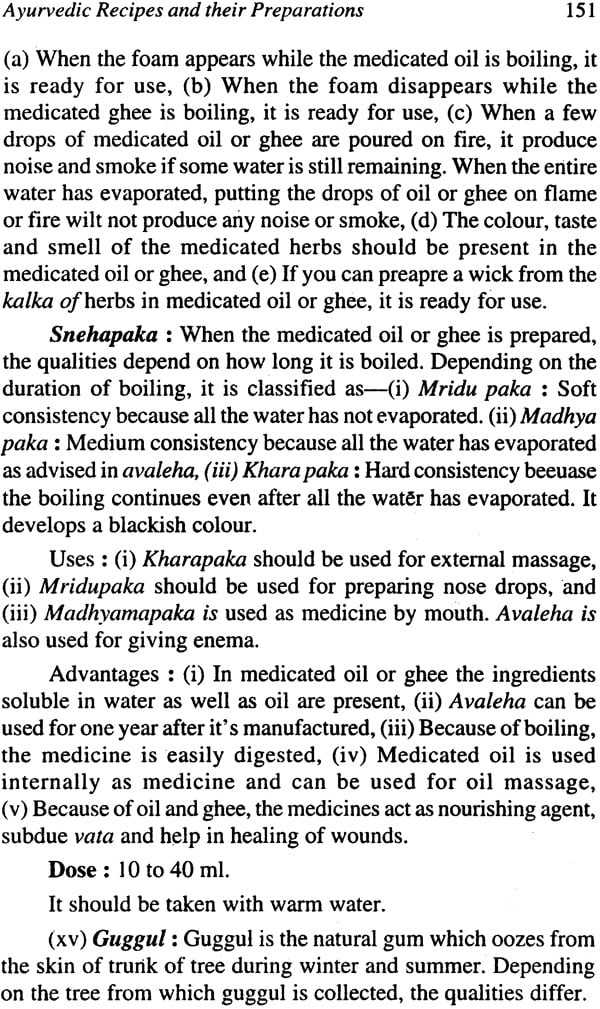
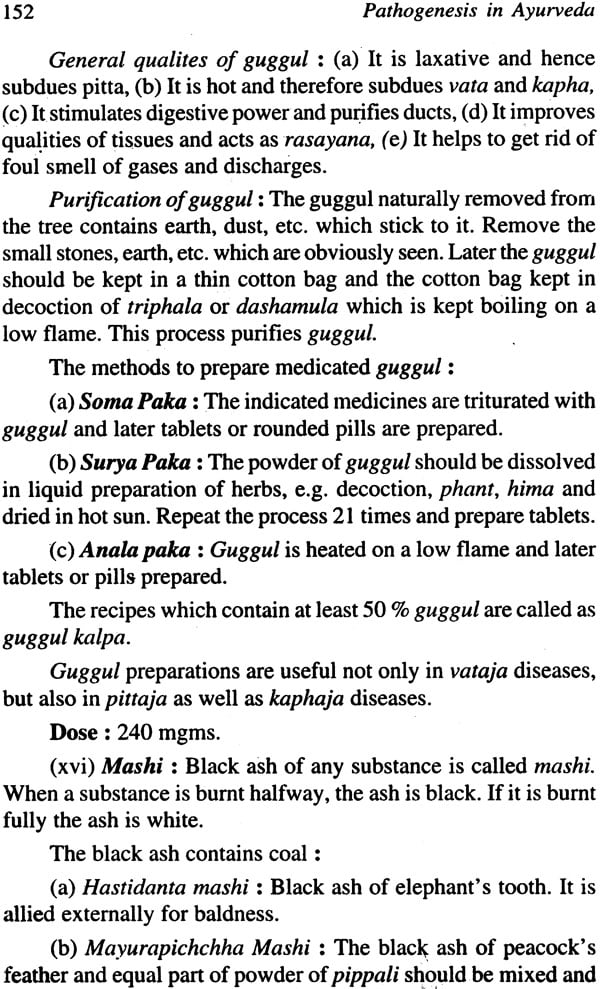
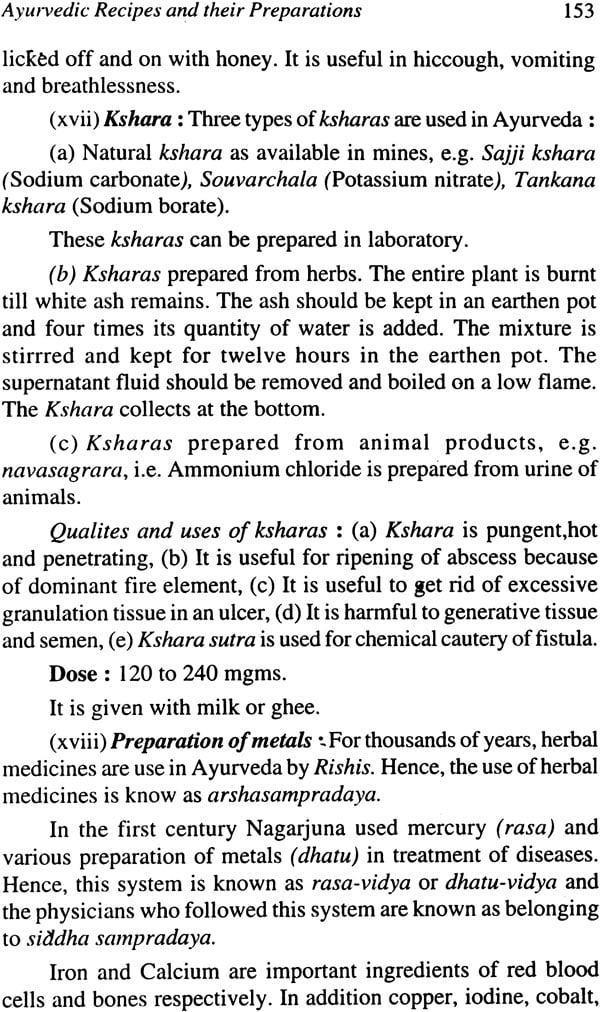
Delivery and Shipping Policy
- INTERNATIONAL SHIPPING
- Rs.1000-1100/kg
- ESTD. Delivery Time: 2-3 weeks (depending on location)
- Bubble Wrapped with Extra Padding
- NATIONAL SHIPPING
- NCR: Rs. 30/half kg
- Standard: Rs. 80/half kg
- Express shipments also available on Request
- ESTD. Delivery Time: Ranging from 1-4 days up to 7 business days (Depending on your choice of Delivery)
- TRACKING
- All orders; national or international, will be provided with a Tracking ID to check the status of their respective orders
- Depending on the Shipping Service, Tracking ID may be used on their respective tracking portals
Frequently Asked Questions (FAQs)
Domestic Shipping: 3-4 Days (after shipping)
International Shipping: 1-2 weeks (based on your location)
You will receive an email once your order has been shipped or you can email us if you didn't receive tracking details (info@mlbd.co.in)
Every book that we sell is the latest edition except all the rare books
Yes, we do provide free shipping, only on domestic orders (within India) above Rs.1500


